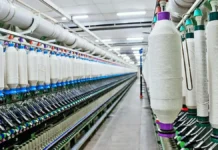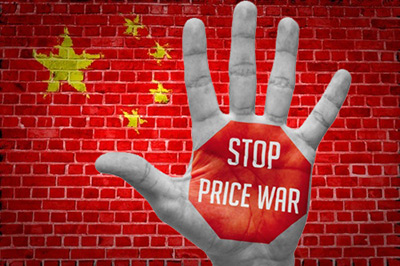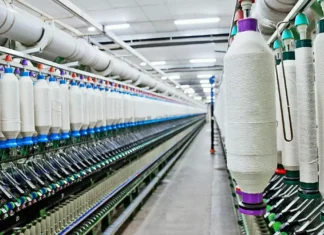A major Chinese Communist Party publication has called for stronger rules to stop intense competition that leads to price wars and shrinking profits across key industries.
The article, published Tuesday in the party’s Qiushi magazine, warned that price wars waste resources and create heavy debt, which could hurt China’s long-term economic growth.
The article focused on what it called “involutionary competition,” where companies and local governments invest more to grow market share, even when demand is limited and profits do not rise. It listed sectors like solar power, electric vehicle batteries, e-commerce, and car manufacturing as examples where price-cutting has become a problem.
The warning comes as China faces deflation risks and weaker global demand, especially with U.S. tariffs affecting trade. Recent official statements and editorials in state media have also pushed for more oversight on companies that cut prices too deeply, raising expectations that new policies may follow to support struggling factories and help consumer incomes.
In the auto industry, some car dealers in eastern China said on Tuesday that automakers are asking them to sell vehicles below cost, leading to high inventories and cash flow pressure. Solar manufacturers also called last month for an end to price wars.
The Qiushi article also criticized companies that reduce product quality to save money, which lowers innovation and hurts customer trust. It said others delay payments to suppliers while continuing to expand, which strains the supply chain.
In a rare move, the article also called out local governments. It said that officials have not updated rules fast enough for new industries, and weak bankruptcy systems make it hard to close unprofitable businesses.
Some local governments are also offering tax breaks and other benefits to attract projects, which adds to supply problems.
Economists have long warned that China’s growth depends too much on exports and large investments, while local demand remains weak due to a small social safety net and income gaps. The article did not mention deflation but said China could fall into a pattern where it continues to rely on the same economic model.
It called for supply-side reforms and efforts to increase domestic demand but said the problem is complex and cannot be fixed quickly.























